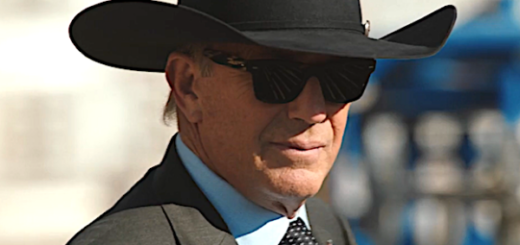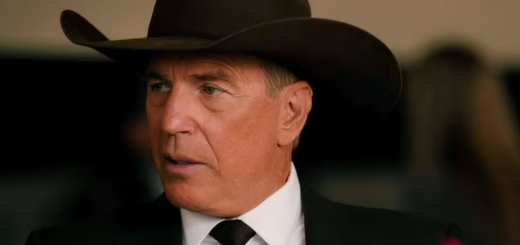Kevin Costner Walked Away From a $20M Studio Deal: “He Turned Us Down”
The filmmaking process often comes down to a timeless tug-of-war between artistic vision and commercial interests. This battle plays out through countless creative and practical decisions, with few actors embodying the struggle quite like Kevin Costner. Known for his outspoken nature and a reputation for being difficult when things don’t go his way, Costner has long been a figure at the center of this conflict.
A perfect example occurred in 1999 during a standoff with Universal Pictures over the final cut of his third major baseball-themed film, For Love of the Game. The story follows 40-year-old pitcher Billy Chapel, who’s aiming for a perfect game in his last outing with the Detroit Tigers, while reflecting on his relationship with his girlfriend Jane. Directed by Sam Raimi—best known for his work in horror—the project was deeply personal for Costner. So much so, that the opening credits featured home videos from his childhood with his father.
To keep the film’s budget reasonable at $50 million, Costner agreed to forgo his usual $20 million salary and instead opted for backend profits. In return, he secured final cut privileges, giving him creative control over the finished product—not the studio. But this came with strict conditions: the film had to be no longer than two hours and ten minutes and had to receive a PG-13 rating from the Motion Picture Association of America (MPAA).
When Costner and Raimi delivered the finished film, Universal was unhappy. The runtime clocked in at two hours and 17 minutes—though the studio ultimately allowed this. The real sticking point was the film’s rating. For Love of the Game was slapped with an R rating because it contained two F-bombs, exceeding the MPAA’s limit for PG-13 films by one. Universal demanded that the offending line be re-recorded and cut about ten seconds from the movie to secure the desired rating.
While this compromise satisfied the studio, Costner wasn’t pleased. He publicly criticized Universal for bowing to the MPAA without a fight.
Why Kevin Costner Walked Away from $20 Million Over a Single F-Bomb
“For Universal, this movie has always been about the length and the rating,” Costner told the press shortly before the film’s release. “It’s never been about the content. You’d think a studio would want to release the best version of the movie, not the one they think will appeal to the widest audience.”
Costner admitted his disappointment that the studio never challenged the MPAA’s decision, lamenting, “The love of movies, I believe, is fading.”
Universal executives, meanwhile, were furious, convinced Costner’s comments jeopardized the film’s box office success. Co-chairman Stacey Snider told The Los Angeles Times, “Kevin’s not the director and it’s not fair for him to hijack a $50 million asset,” adding, “Our stance is that we support the filmmaker, Sam Raimi, not Kevin Costner.”
From Costner’s perspective, Universal’s easy acquiescence to the MPAA’s ruling wasn’t just a compromise—it was an acceptance of releasing a lesser version of the film. His friend and producer Armyan Bernstein explained, “Kevin believed that even if the studio lost the ratings battle, they should still release the film as an R-rated movie because the best version should be seen.” When Universal declined, Costner felt it confirmed that he was never truly considered a creative partner.
In a surprising move that showed how much Universal valued him despite his difficult reputation, the studio offered to pay Costner the $20 million he had waived. “We said, ‘If you feel wronged, we’ll write you a $20 million check today,’” Snider recalled. “And he turned us down.”
That’s right—Costner rejected a $20 million peace offering over a mere ten seconds cut from a 137-minute film. Whether motivated by principle or hope for a major box office success that would yield bigger backend profits, Costner stood firm.
In the end, For Love of the Game failed to make a significant impact at the box office, and no one truly won in this creative standoff.


